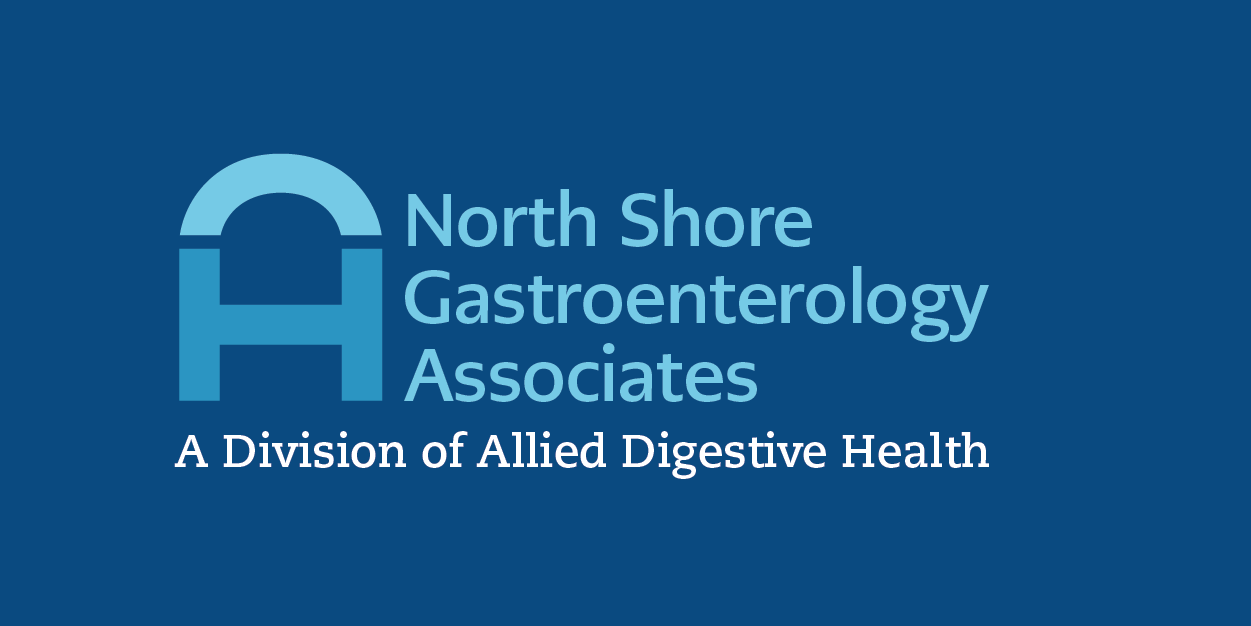Gastro Disorders Common Signs & Symptoms

- July 28, 2022
Every year, according to the National Institute of Diabetes, Digestive, and Kidney Diseases, at least 70 million Americans suffer from digestive diseases. GI symptoms are one of the most prevalent, and at least two out of three Americans have suffered from them, according to a recent study. Gastrointestinal disorders affect the gastrointestinal (GI) tract all the way to the anus from the mouth. As with most diseases, GI disorders can be functional, such as inflammatory bowel syndrome (IBS), constipation, bloating, gas, nausea, gastroesophageal reflux disease (GERD), diarrhea, lactose intolerance, and food poisoning. Or, it can be structural such as inflammatory bowel disease (IBD), colon cancer, strictures, and hemorrhoids.
Functional GI symptoms are some of the most common problems affecting the GI tract, including the rectum and colon. However, upon examination, the GI tract appears normal but has improper movements. On the other hand, structural GI disorders are those whereby the tract appears abnormal upon examination and doesn’t work well.
General Symptoms of Gastrointestinal Conditions to Look Out For
GI disorders are sometimes mild, and you may get relief after a short period of time. However, some can be life-threatening, and you may need to seek immediate medical attention. There are numerous GI symptoms that make it easy to mistakenly ignore them. Symptoms may also vary from person to person. Here are some general symptoms you should look out for:
-
- Blood in your vomit or stool
- Abdominal pain or discomfort (cramps)
- Bloating or swelling
- Nausea vomiting
- Constipation and diarrhea
- Heartburn or acid reflux
- Unexplained fatigue
- Fecal incontinence
- Unintentional or unexplained weight loss
- Issues with swallowing
Common Causes of GI Conditions
GI conditions can be caused by numerous issues, including pregnancy. Some of the causes may be a result of your lifestyle, while others may be side effects of starting a new medication. Causes also vary from patient to patient, and it’s vital to track the cause in order to effectively relieve your symptoms. Some common causes include:
Aging
As we age, we become more predisposed to digestive issues. That’s because aging may cause a decrease in our digestive glands. This, in turn, affects gut movement or motility. Additionally, you are more likely to develop cancers affecting the digestive system as you grow older.
Lifestyle Choices
GI problems can be a result of your lifestyle choices. For starters, if you’re used to an inactive lifestyle, it might be time you make it a little more active. Your digestive health and general health may suffer as a result of lack of exercise coupled with poor diet choices, among others. You can remedy the situation by starting simple exercise regimes and changing your diet. Most physicians recommend avoiding food that causes inflammation and settling for those that actively fight it.
Genetic Factors
You may develop gastrointestinal disorders on a hereditary basis. Many of these disorders have a genetic component that predisposes you to them. However, as with other causes, other factors also have to be in play for you to develop the condition. For instance, lifestyle changes may intervene and, together with the genetic component, lead to you developing a disorder. This includes diseases such as Crohn’s disease and celiac diseases.
Stress
It may seem unlikely, but there is a long-established link between your GI tract and your brain. The two are always in communication, and as such, an increase in your stress levels may mean trouble for your digestive health. When you’re stressed, you’re more likely to experience changes in the gut microbiota, inflammation, bloating, a loss of appetite, and cramping.
Large Dairy Intakes
Most dairy products are full of proteins and fats that are difficult to digest. Cheese and milk also have an inflammatory effect. When you consume large quantities of it, you are more than likely to have a bloated tummy full of gas, painful cramps, and constipation.
Low Intake of Water
Water has numerous benefits to the digestive system. It helps in cleaning the entire digestive tract, helps in breaking down foods and nutrients, and more importantly, may help in faster and more effective absorption of nutrients into the GI tract. So what happens when you don’t drink enough water daily? You invite all sorts of digestive health issues. For instance, with nothing to soften your stool, you may end up with constipation and stomach pain. Additionally, drinking adequate water may help offer relief for some abdominal pain, among other digestive issues. You can increase your water intake by drinking unsweetened drinks such as tea or coffee. Also, avoid sweet drinks like sodas.
High Fiber Intake
As mentioned earlier, your diet plays a vital role in causing or preventing GI tract disorders. From including too much dairy in your diet to eating high-fiber meals, a poor diet can cause you lots of digestive issues. You have trillions of microbiota in your large intestine that provide various health benefits. Fiber is welcome food for them. However, high fiber intake may prove troublesome for your digestive system to process. It may also increase your stool bulk, causing difficulty in pooping and constipation
Low fiber intake is beneficial in reducing the most common symptoms of GI tract disorders and even preventing others. Examples include reducing bloating, easing abdominal pain, constipation, and the onset of colon cancer.
Catching GI Disorders During Early Signs
Most people tend to ignore symptoms of GI disorders. While some mild ones may end on their own, others may be a sign of sometimes more serious and life-threatening. It’s important to ensure you take note of these symptoms and seek medical intervention as soon as possible. Additionally, this may make it easier for you to catch the onset of serious digestive diseases that are easier to treat at the early stages in comparison to later stages.
In some cases, all you may need to do is to adjust your lifestyle to include more exercise such as walking or do diet changes to accommodate easier-to-digest foods and avoid inflammatory foods or those your body finds hard to accommodate. In other cases, medication is the best case of action. Schedule an appointment with us today for any GI disorders. Our team of gastroenterologists and other specialists are ready to provide you with the care and treatment you need. Contact us today!
Footer
© All Rights Reserved


